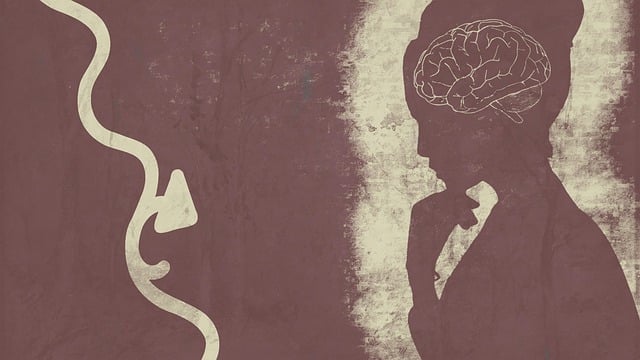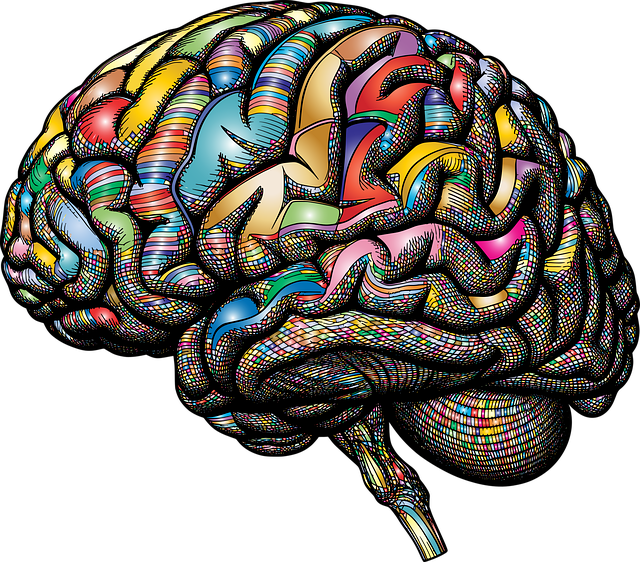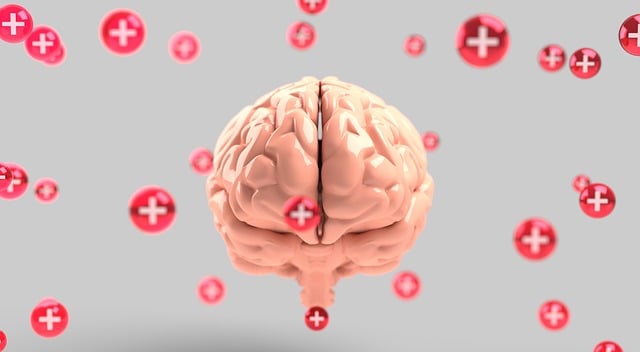At Boulder Christian Counseling Therapy (BCCT), cultural competency is a cornerstone of care, crucial for providing tailored support to diverse clients. Training and education empower therapists to challenge biases, adapt communication, and incorporate culturally relevant interventions, improving client outcomes and trust-based relationships. Effective programs at BCCT use interactive methods, risk management planning, and public awareness campaigns to promote inclusivity. Success is measured through multifaceted assessments, ensuring continuous improvement and a dynamic, supportive therapeutic environment for all.
Healthcare provider cultural competency training is essential in today’s diverse society. This article explores the importance of this skillset in modern healthcare practice, focusing on its impact in managing patient care and addressing biases and stereotypes. We delve into best practices for designing effective training programs, drawing insights from Boulder Christian Counseling Therapy (BCCT), a leading example. Additionally, we discuss methods for measuring success and fostering continuous improvement in cultural competency initiatives.
- Understanding Cultural Competency in Healthcare: A Necessary Skillset for Modern Practice
- The Impact of Cultural Biases and Stereotypes on Patient Care
- Designing Effective Training Programs: Best Practices for Boulder Christian Counseling Therapy
- Measuring Success and Continuous Improvement in Cultural Competency Training
Understanding Cultural Competency in Healthcare: A Necessary Skillset for Modern Practice

In today’s diverse healthcare landscape, cultural competency has emerged as a crucial skillset for providers across various disciplines, including counseling therapy. As a professional in Boulder Christian Counseling Therapy, understanding and embracing cultural competency is essential to delivering effective care. This involves recognizing and appreciating the unique cultural backgrounds, values, and beliefs of each client, ensuring an inclusive and respectful therapeutic environment. By fostering cultural sensitivity, therapists can navigate complex interpersonal dynamics, resolve conflicts effectively using techniques like those offered by Stress Management Workshops Organization, and provide tailored support for mental wellness through journaling exercises guidance.
Cultural competency goes beyond mere awareness; it empowers healthcare providers to bridge the gap between diverse communities and modern practice. Through training and ongoing education, professionals can learn to adapt their communication styles, challenge implicit biases, and incorporate culturally relevant interventions. This approach not only enhances client outcomes but also fosters stronger relationships based on trust and understanding, ultimately reflecting the values of organizations like Boulder Christian Counseling Therapy dedicated to inclusive care.
The Impact of Cultural Biases and Stereotypes on Patient Care

Cultural biases and stereotypes can significantly impact patient care, often leading to miscommunication and disparities in treatment outcomes. These unconscious preconceptions may cause healthcare providers to perceive patients from different backgrounds differently, resulting in biased decision-making processes. For instance, a therapist at Boulder Christian Counseling Therapy might unintentionally apply a one-size-fits-all approach when treating individuals from diverse cultural contexts, overlooking the unique experiences and needs of each client.
Stereotypes can also influence how providers interpret symptoms and behaviors, potentially leading to misdiagnoses or inadequate treatment plans. Encouraging therapists to practice mindfulness meditation and emotional regulation techniques can help mitigate these effects. By cultivating awareness of their own biases and promoting positive thinking, providers can create a more inclusive environment, ensuring every patient receives the culturally sensitive care they deserve.
Designing Effective Training Programs: Best Practices for Boulder Christian Counseling Therapy

Effective training programs for Boulder Christian Counseling Therapy (BCCT) should be holistically designed to cater to diverse learning styles and cultural backgrounds. Engaging activities such as role-playing, case studies, and group discussions can enhance understanding of various cultural perspectives. These interactive methods encourage critical thinking and foster empathy among therapists, enabling them to offer more sensitive and tailored services.
Incorporating best practices from risk management planning for mental health professionals is paramount. Training should equip therapists with strategies to navigate ethical dilemmas, manage client risks, and ensure patient safety while maintaining culturally sensitive practices. Additionally, public awareness campaigns development and effective communication strategies can be integrated to promote understanding of cultural competency within the broader community, ensuring that BCCT remains accessible and relevant to all.
Measuring Success and Continuous Improvement in Cultural Competency Training

Measuring success in cultural competency training is a multifaceted process that goes beyond mere knowledge retention. At Boulder Christian Counseling Therapy, we utilize a comprehensive approach that involves qualitative and quantitative assessments to gauge the impact of our programs. This includes pre- and post-training surveys to track participants’ shifts in attitudes, beliefs, and confidence regarding diverse cultural perspectives. By comparing these data points, we can identify areas where training has been particularly effective and those requiring further refinement.
Continuous improvement is a cornerstone of our commitment to excellence. We actively solicit feedback from trainees, integrating their insights into future sessions. Additionally, we stay abreast of the latest research in stress management, anxiety relief, and compassion cultivation practices, incorporating relevant techniques into our cultural competency curriculum. This dynamic approach ensures that our training remains relevant, engaging, and impactful, fostering a more inclusive and supportive therapeutic environment for all.
Healthcare provider cultural competency training, such as that offered by Boulder Christian Counseling Therapy, is no longer a nice-to-have but an absolute necessity. By understanding and overcoming cultural biases and stereotypes, healthcare professionals can significantly improve patient care, foster trust, and create more inclusive environments. Effective training programs, measured through continuous improvement, ensure that providers are equipped to navigate the diverse landscape of modern healthcare. This approach not only benefits individual patients but also enhances the overall quality and accessibility of healthcare services for all communities.













